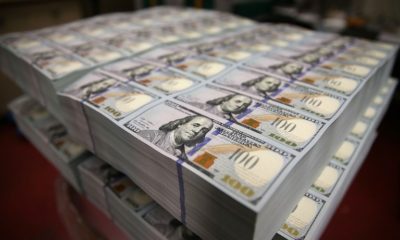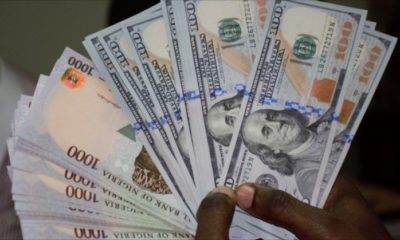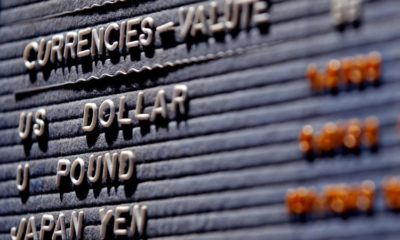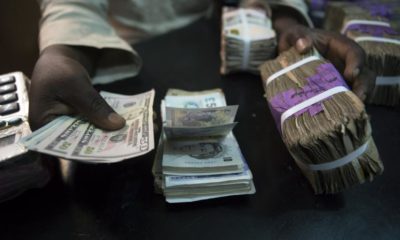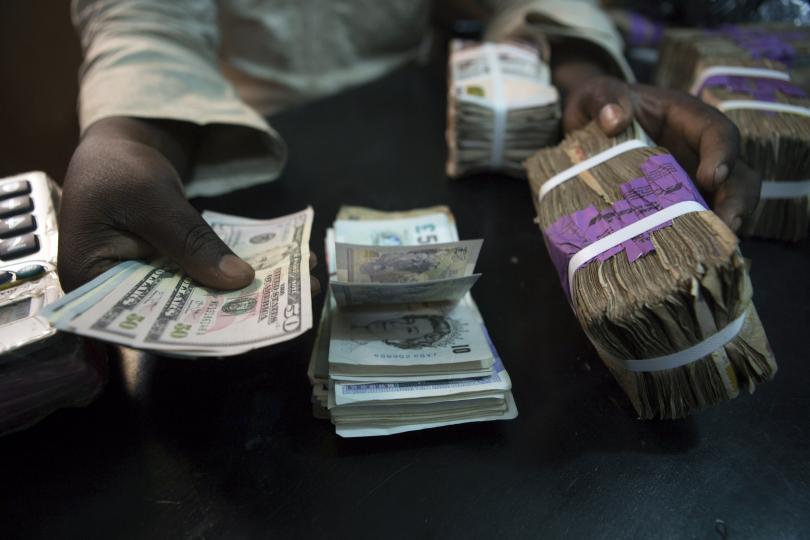Forex
CBN Orders Deposit Money Banks To Sell FX To Customers
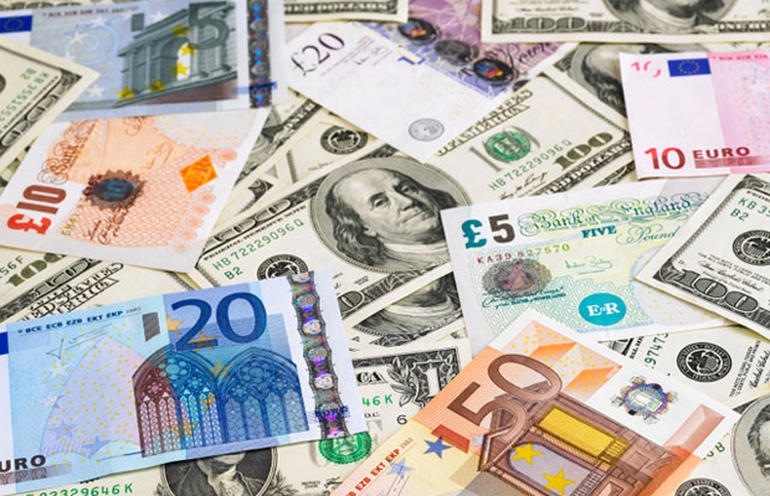
Forex
CBN Revamps Regulatory Guidelines for Bureau De Change Operators
Naira
Black Market Dollar (USD) to Naira (NGN) Exchange Rate Today 23rd May 2024
The black market, also known as the parallel market or Aboki fx, US dollar to Nigerian Naira exchange rate as of May 23rd, 2024 stood at 1 USD to ₦1,500.
Naira
Naira Loses 1.47% Against Dollar, Hits N1,500 on Black Market
-

 Naira4 weeks ago
Naira4 weeks agoDollar to Naira Black Market Today, April 30th, 2024
-

 Naira3 weeks ago
Naira3 weeks agoBlack Market Dollar to Naira Exchange Rate Today 6th May 2024
-

 Naira3 weeks ago
Naira3 weeks agoDollar to Naira Black Market Exchange Rate Today 4th May 2024
-

 Naira3 weeks ago
Naira3 weeks agoBlack Market Dollar to Naira Exchange Rate Today 8th May 2024
-



 Naira3 weeks ago
Naira3 weeks agoBlack Market Dollar to Naira Exchange Rate Today 7th May 2024
-





 Naira2 weeks ago
Naira2 weeks agoBlack Market Dollar to Naira Exchange Rate Today 16th May 2024
-

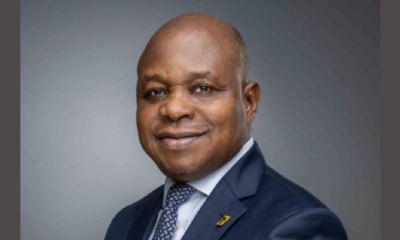

 Appointments2 weeks ago
Appointments2 weeks agoEbenezer Olufowose Takes Helm at First Bank of Nigeria Limited as Chairman
-

 Jobs4 weeks ago
Jobs4 weeks agoFederal Government Approves 25-35% Pay Rise for Civil Servants on Eve of May Day




